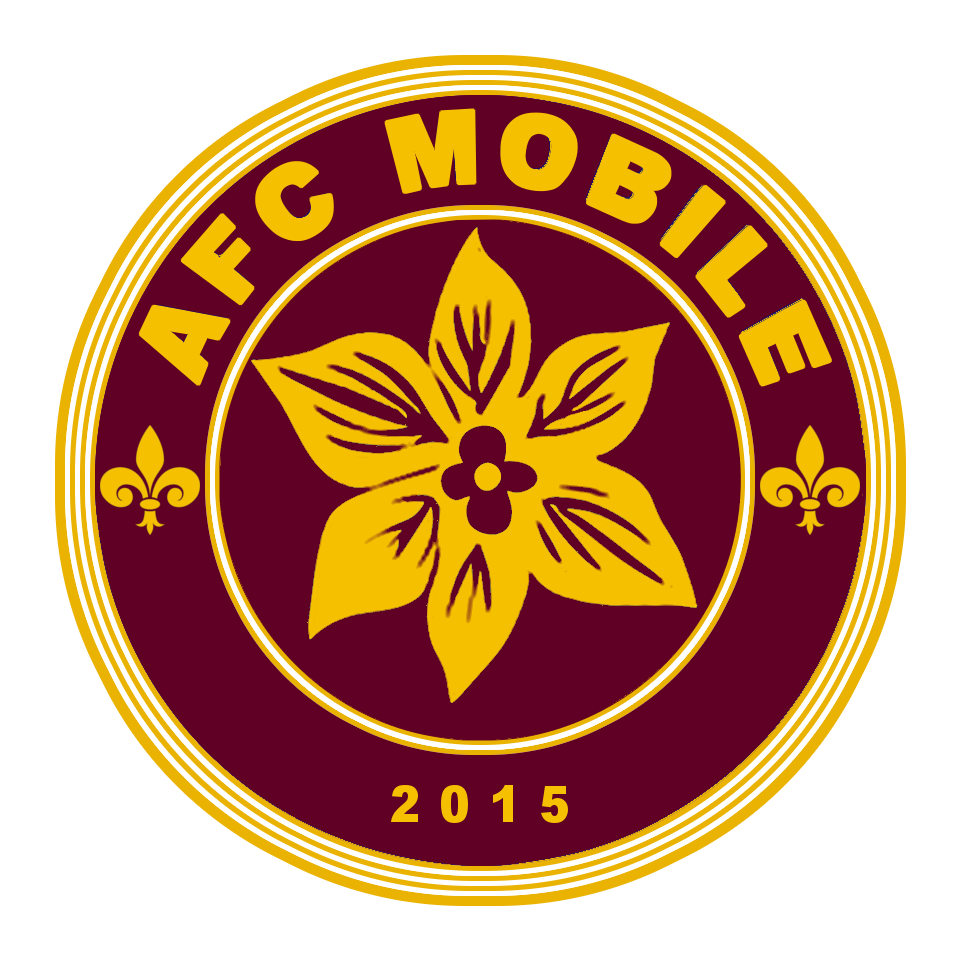10/2

Spring Hill College vs. Florida Southern College (Women’s)
The Cage, Mobile
12:00 PM
10/5

University of Mobile vs. Faulkner University (Women’s)
The Jungle, Mobile
2:00 PM

University of Mobile vs. Faulkner University (Men’s)
The Jungle, Mobile
3:30 PM

Spring Hill College vs. Lee University (Men’s)
Library Field, Mobile
6:00 PM
10/6

Spring Hill College vs. University of Alabama – Huntsville (Women’s)
Library Field, Mobile
3:30 PM
American Outlaws Watch Party: United States Men’s National Team vs. Panama Men’s National Team
O’Daly’s Irish Pub
564 Dauphin Street, Mobile
Kickoff at 6:30 PM
10/7

English Premier League Soccer Saturday’s at O’Daly’s Irish Pub (Watch Party)
564 Dauphin Street, Mobile
Doors Open at 6:30 AM

University of Mobile vs. Dalton State College (Women’s)
The Jungle, Mobile
1:30 PM

University of Mobile vs. Dalton State College (Men’s)
The Jungle, Mobile
4:00 PM



























You must be logged in to post a comment.